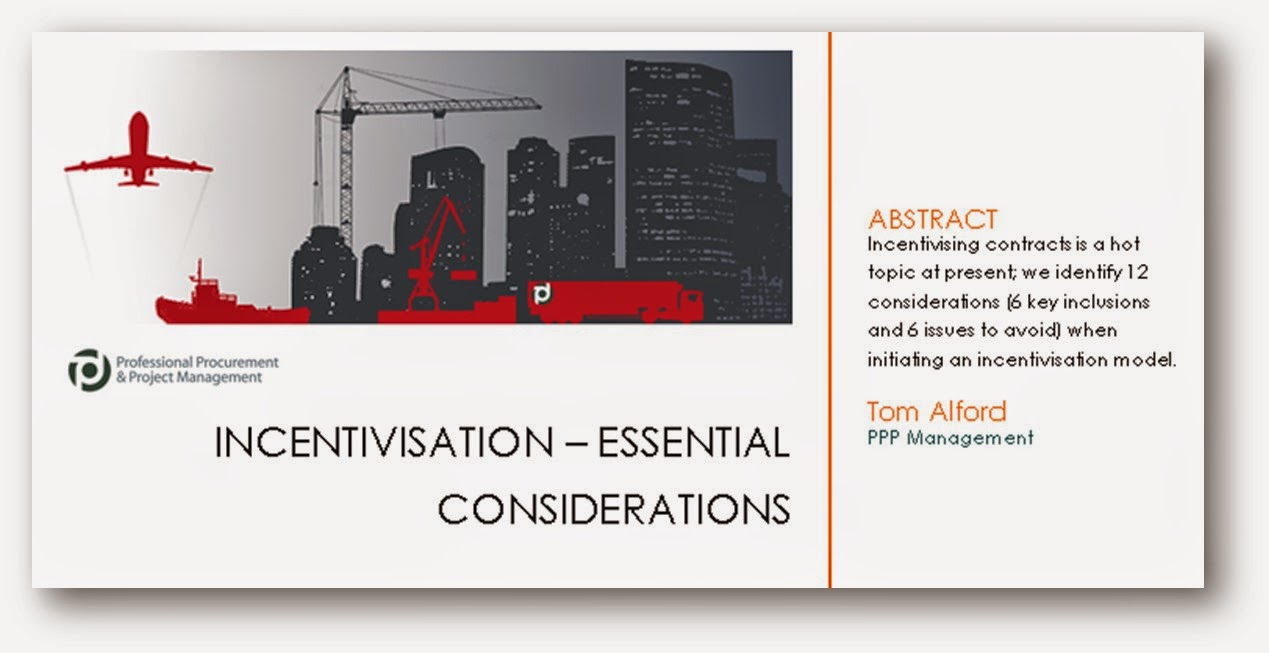Latest Government Procurement - Wider use of Charities, Risks and Challenges
Published in Supply Management on 3rd November is a thought provoking article about the government's decision in awarding the first outsourced contracts for the probation service. The topics of interest are: The wide use of charities to undertake work in this sensitive area. The mixture of charities and private sector companies as partnerships in delivering the services. The sensitive nature of the service being outsourced and the serious ramifications if the outsourced services fail. The shifting nature of the current service and the uncertainty that a split service will face (for the rehabilitation of serious offenders the current government service will remain in place). The adoption of a remuneration clause if the contracts are cancelled. The current coalition government has championed the "big society" and the wider encouragement of SME to bid for government work, the latter enshrined in the government's consultation paper on the forthcoming OJEU 2015



